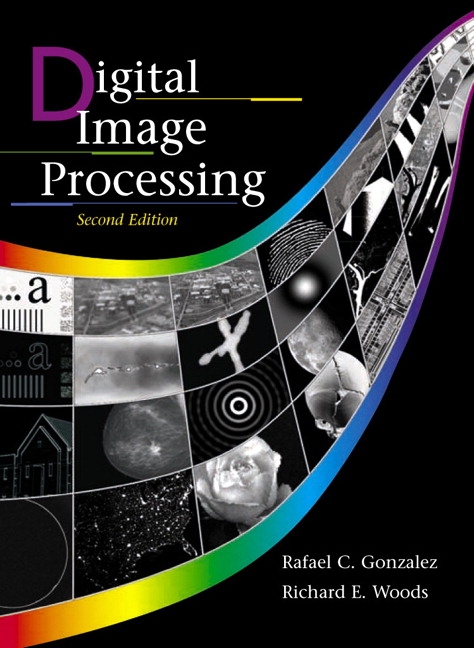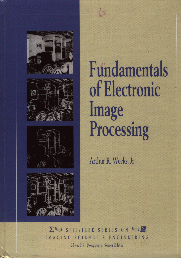
Digital Image Processing
Prentice Hall (Second Edition), Rafael C. Gonzales, Richard E. Woods.
ISBN: 0-2011-8075-8, Edition:2002
Description
For courses in Image Processing and Computer Vision. Completely self-contained-and heavily illustrated, this introduction to basic concepts and methodologies for digital image processing is written at a level that truly is suitable for seniors and first-year graduate students in almost any technical discipline. The leading textbook in its field for more than twenty years, it continues its cutting-edge focus on contemporary developments in all mainstream areas of image processing-e.g., image fundamentals, image enhancement in the spatial and frequency domains, restoration, color image processing, wavelets, image compression, morphology, segmentation, image description, and the fundamentals of object recognition. It focuses on material that is fundamental and has a broad scope of application.

